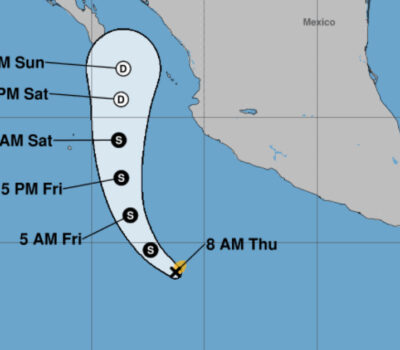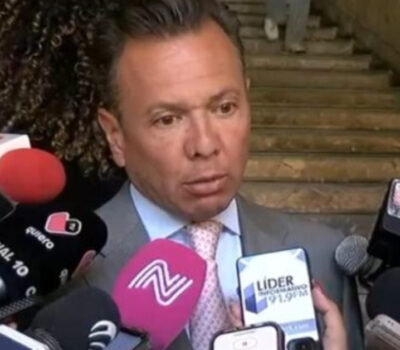PUERTO VALLARTA (PVDN) – In a recent revelation, the United States embassy in Mexico, in collaboration with the Federal Bureau of Investigation (FBI), has issued a warning to American timeshare owners in Mexico. The advisory focuses on an emerging scam targeting this demographic via unsolicited phone calls or emails intending to rent their properties.
In 2022 alone, U.S. authorities reported receiving more than 600 complaints related to this scam, with total losses nearly reaching an alarming $40 million.
Scammers Pose as Sales Representatives
According to the FBI, the criminals behind these scams frequently pose as sales representatives. They use aggressive sales tactics to pressure owners into paying up-front fees that are allegedly for covering operating expenses.
After the owners make these payments, the so-called companies become evasive. Their contact numbers and websites suddenly become inaccessible, and in some instances, additional charges are levied to finalize the real estate transaction.
Fraudulent Recovery Scams on the Rise
In a further twist, some owners have reportedly been contacted by bogus recovery scam companies. These companies falsely promise to help the owners recover their lost money, only to demand an upfront fee for their supposed services.
In some situations, the scammers have impersonated government entities, demanding payments associated with the timeshare sale, adds the FBI’s Internet Crime Complaint Center (IC3).
What is Timeshare?
The Mexican Association of Tourism Developers (Amdetur) explains that a timeshare is an alternative to traditional hotel accommodation. Essentially, it involves splitting the use of a vacation property into periods, granting individuals the right to use and enjoy the property during a predetermined timeframe, such as a specific week of the year. The specifics can vary based on the contract.
Recommended Precautions
The IC3 urges timeshare owners in Mexico to adopt precautionary measures. These include maintaining a healthy skepticism towards unsolicited phone calls, text messages, or emails.
Owners are advised to thoroughly research entities offering services, verifying independently whether they are legitimate representatives. In cases of uncertainty, the IC3 recommends seeking assistance from a trusted real estate agent or lawyer.
Echoing a universal sentiment, the FBI reminds everyone, “When opportunities seem too good to be true, they often are,” emphasizing the importance of maintaining vigilance and skepticism in the face of potential scams.
PUERTO VALLARTA (PVDN) - In a recent revelation, the United States embassy in Mexico, in collaboration with the Federal Bureau of Investigation (FBI), has issued . . .












